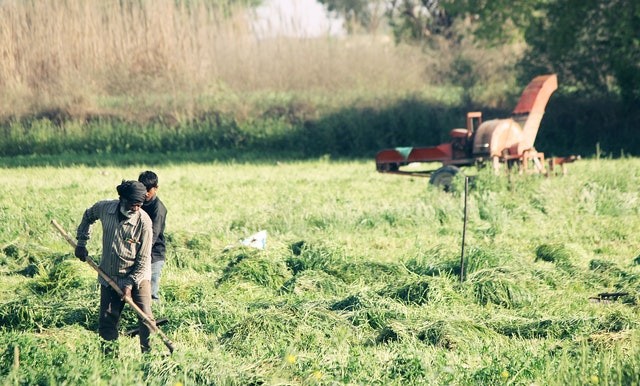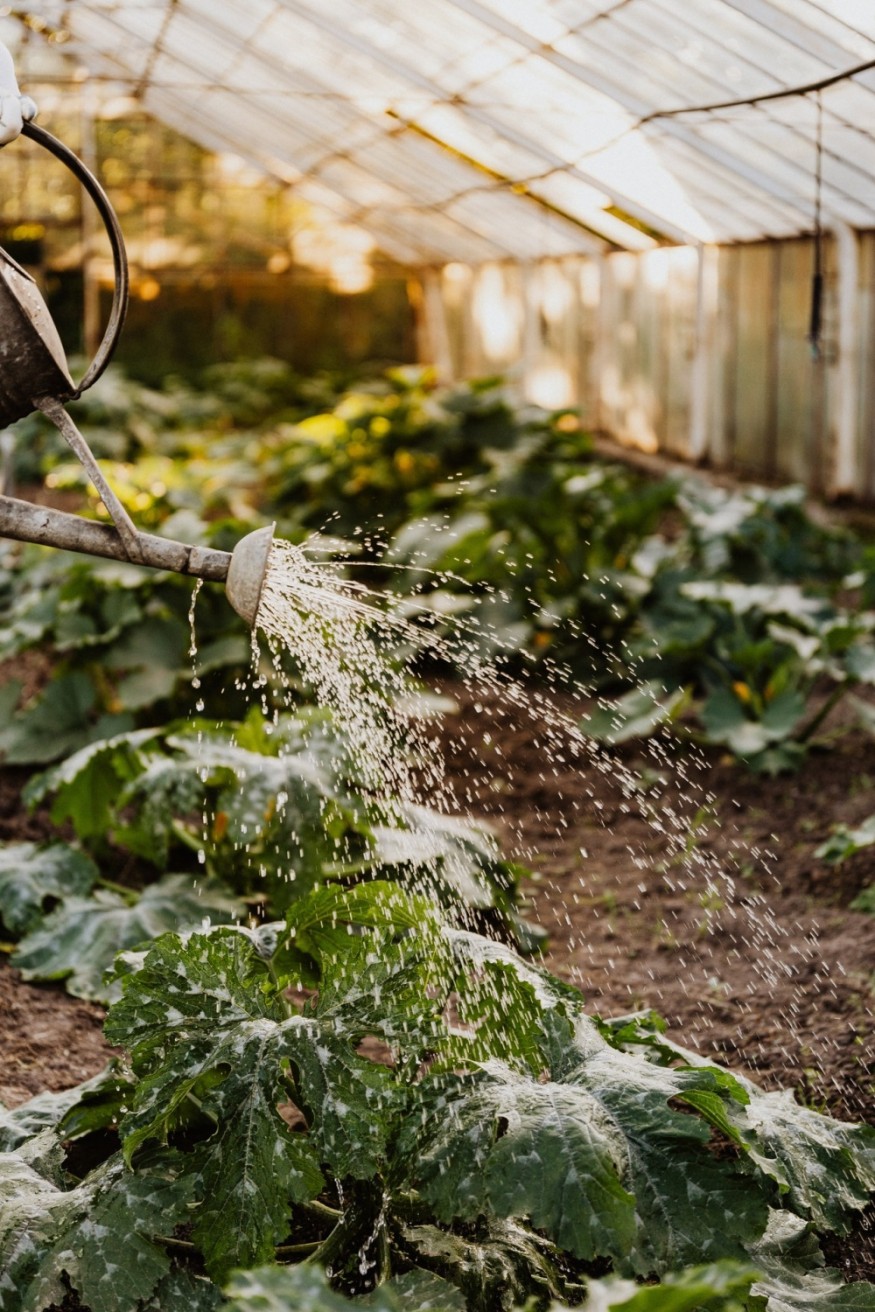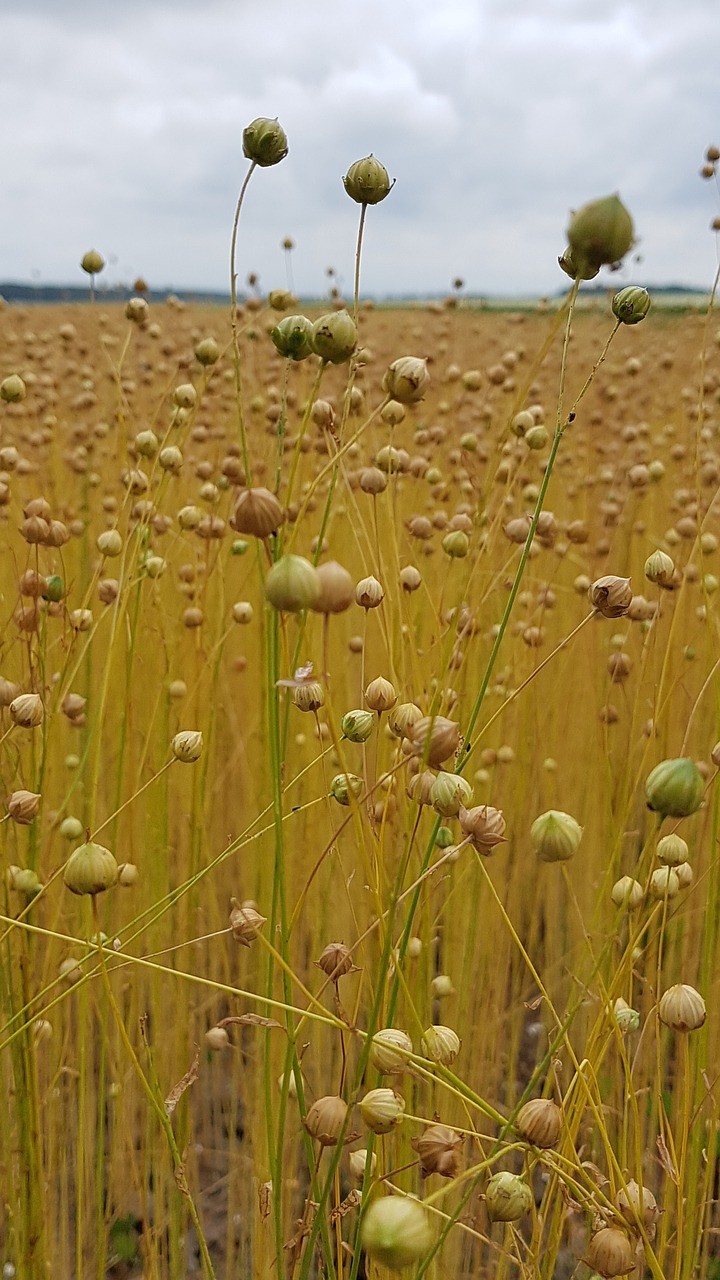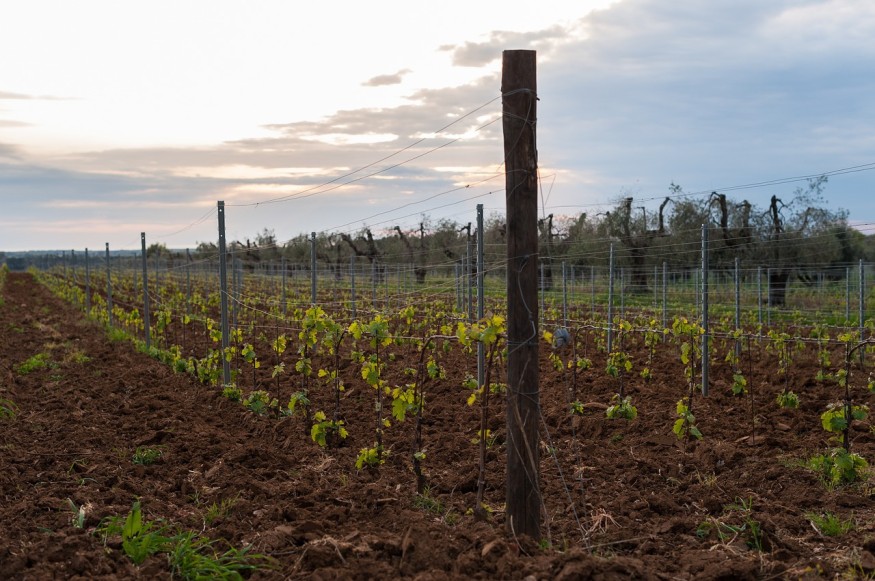According to recent reports, the climate crisis is now reducing the production of the world's farming processes, with productivity much smaller than it might have been if humanity hadn't quickly heated the earth.

Since the 1960s, technical advances, fertilizer usage, and foreign trade have enabled food production to keep up with an increasing global population, although with gross inequities that still leave millions of people malnourished.
However, according to recent studies published in Nature Climate Change, increasing temperatures have served as a brake on crops and livestock production during this period. As opposed to what it would have been if the planet hadn't been exposed to human-induced warming, productivity has dropped by 21% since 1961.
Related Article : Scientists Aim to Maximize the Potential of Plant Enzymes to Produce More Synthetic Food
Increase in Agricultural Demand

With the world's population predicted to hit more than 9 billion people by 2050, the UN's Food and Agriculture Organization predicts that food production will need to grow by around 70%, with annual crop production increasing by about one billion tons and meat production rising by more than 200 million tons.
Meanwhile, scientists warn that global temperatures are rising at a pace that is increasingly dangerous to human society.
"The effect is even greater than I anticipated," said Ariel Ortiz-Bobea, a Cornell University economist who led the study.
"It came as a complete shock to me. My concern is that agricultural research and development take decades to transform into increased production. The predicted temperature rise is so rapid that I'm not sure we'll be able to keep up."
Worsening State of Agriculture

The study looked at production in terms of inputs, including labor, fertilizer, machinery, and the output in terms of food. It used a model to see how climate change has affected this relationship.
Although farming has become much more productive in recent decades, heatwaves are becoming increasingly threatened, which fatigues farm workers and cause some crops to wilt. Drought and severe weather events may also affect a farm's production, particularly in poorer countries.
Via degradation of pasture land, depletion of fertile topsoil, chemical emissions, and the emission of large quantities of greenhouse gases that lead to global warming, the intensification of farming to increase productivity has caused significant environmental harm.
Maximizing Production

"Ultimately, we want to maximize production in a shifting world, but increasing inputs like land and water is a poor way to do that," Ortiz-Bobea said. "We could produce more with a smaller environmental footprint if we were more productive."
According to Weston Anderson, a Columbia University food protection and environment researcher who was not involved in the analysis, the latest report gives new insight into the extent of the effects on agriculture. According to him, Central America and the Sahel include some of the world's least food-safe nations. "The heaviest risk of climate change is being carried by communities that were already food poor."
For more Agricultural News, don't forget to follow Nature World News!
© 2025 NatureWorldNews.com All rights reserved. Do not reproduce without permission.





